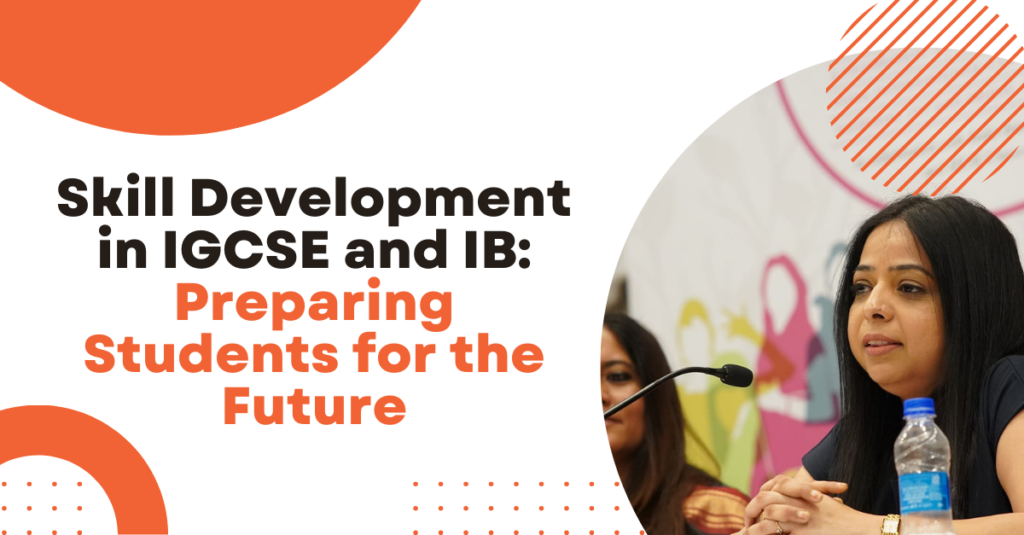I am frequently asked as an academic about the distinctions between the IGCSE and IB curricula, especially with regard to skill development. With its own distinct methods, the International Baccalaureate (IB) and the International General Certificate of Secondary Education (IGCSE) both seek to prepare students for the future. Their methods and areas of focus are different, yet they both assist students in developing a variety of abilities. This article examines the ways in which every curriculum encourages the growth of skills and gets pupils ready for their future pursuits.
Critical Thinking and Analysis
Though they do so in different ways, critical thinking and investigation are prioritized in both the IGCSE and IB curriculum. The wide range of disciplines offered by Cambridge Assessment International Education’s IGCSE encourages students to immerse themselves in each subject. Students are challenged with difficult challenges in subjects like mathematics and physics, which encourages logical reasoning and thorough comprehension.
In contrast, autonomous investigation is emphasized in the IB curriculum, which is well-known for its inquiry-based learning approach. The Extended Essay, a component of its Diploma Programme (DP), allows students to focus on a selected subject while refining their research and analytical abilities. The Theory of Knowledge (TOK) course also encourages critical thinking and introspection by getting students to challenge the very idea of knowledge.
Focus on Breadth vs. Depth
The strategy to study breadth and depth is another important distinction between IGCSE and IB. Students can select from a wide variety of disciplines in the comprehensive curriculum offered by the IGCSE. This diversity guarantees that learners receive a well-rounded education and aids in the development of a broad range of talents. To acquire knowledge and abilities in a variety of subjects, a student can, for instance, enroll in classes in English literature, geography, biology, and art.
Though it provides for greater in-depth study in specific subjects, the IB requires students to take courses from six topic groups. At least three subjects at the Higher Level (HL) are required of students, necessitating more intense study. This method aids students in gaining in-depth understanding and specialized abilities in particular disciplines, which can be advantageous.
Soft Skill Development
The development of soft skills is another key component of both curricula; however, it is approached differently. Several of the courses covered in the IGCSE include group projects and presentations, which aid in the development of students’ communication and cooperation abilities. In a business studies course, for instance, students may collaborate in groups to draft a company plan that they would subsequently present to the class.
Through its Creativity, Activity, Service (CAS) component, the IB heavily emphasizes extracurricular activities and community service. Students must participate in extracurricular activities as part of this IB DP requirement, which fosters the development of their leadership, empathy, and organizational abilities. For example, a student can learn to balance their time by organizing a sports event, volunteering at a local charity, or taking part in a school play.
Conclusion
In conclusion, by fostering a variety of talents, the IGCSE and IB curricula seek to equip students for the future. The IB places more of an emphasis on inquiry-based learning, depth of study, and the development of independent research abilities than the IGCSE, which offers a comprehensive curriculum with an emphasis on critical thinking and problem solving. Both courses include a variety of exercises and projects to cultivate critical soft skills.
As a academician, I think that the decision between IGCSE and IB is primarily based on the needs and aspirations of the individual student as well as the educational environment of the nation in which they are enrolled. Which curriculum may be more advantageous can vary depending on the school systems and university requirements of other countries. In the end, IGCSE and IB offer beneficial skills.






